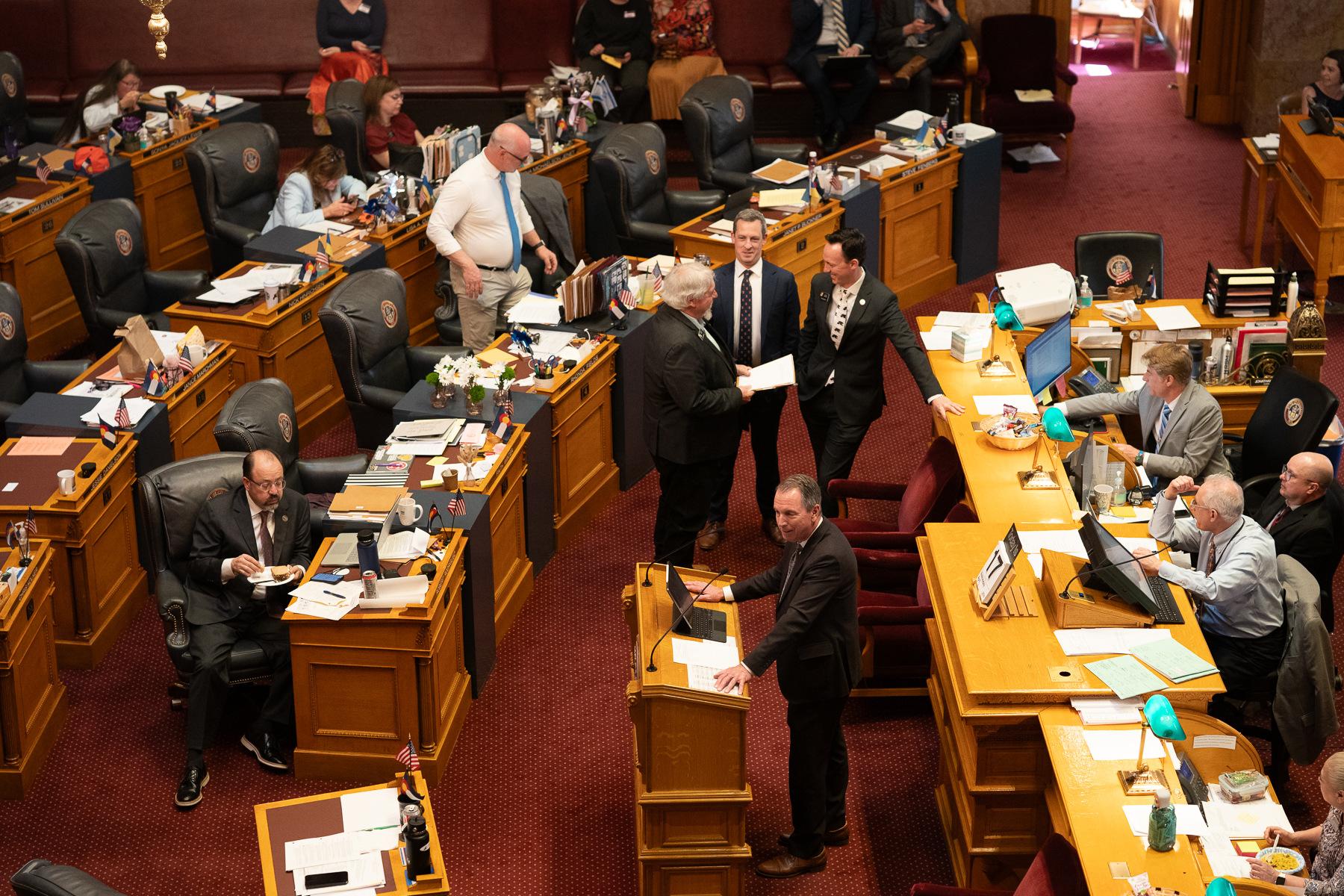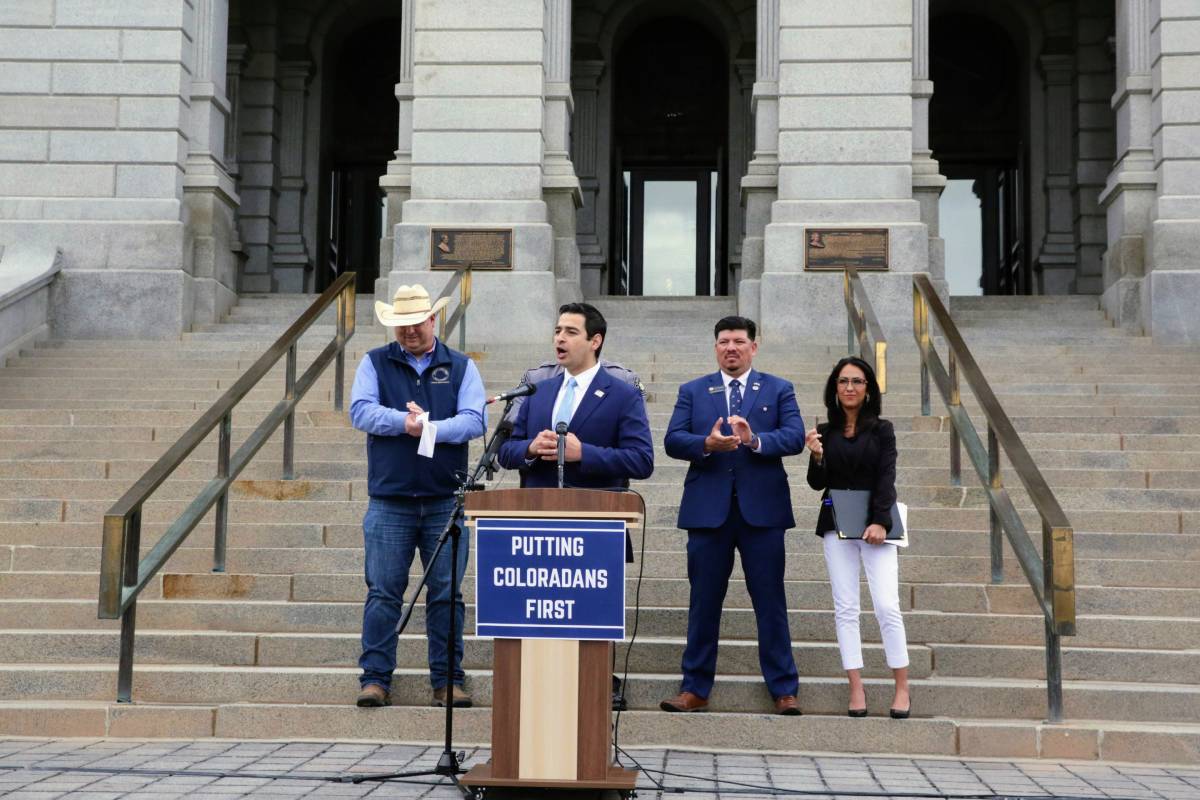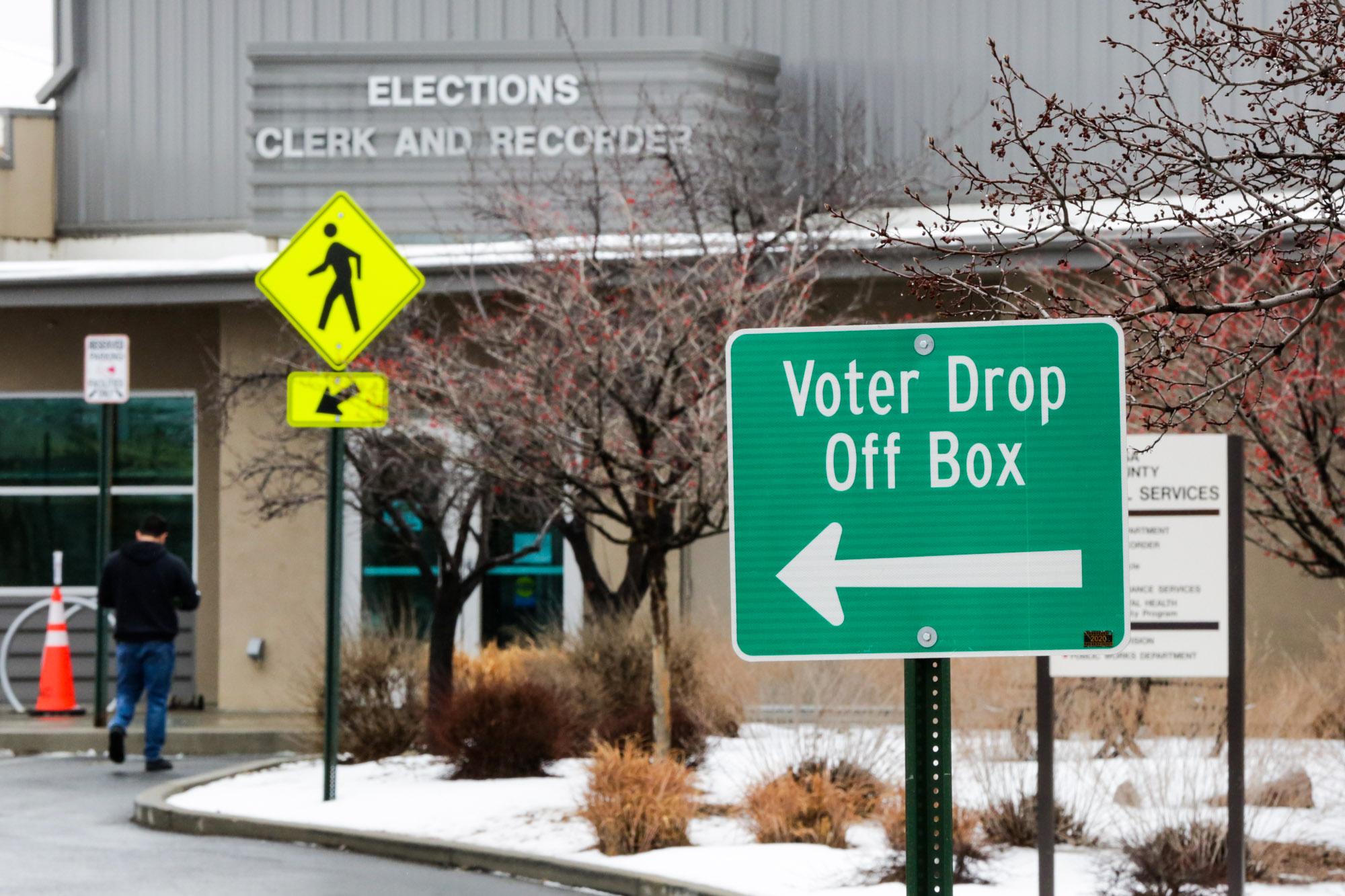
A bill to increase the safety of rideshare passengers and drivers is up for a final vote on Wednesday after backers made significant changes in an attempt to address opponents’ concerns.
However, Governor Polis’ office said it still has “significant legal and policy concerns with the legislation,” and Lyft said the changes actually made the bill worse, making its ultimate prospects uncertain.
Uber has been running a public campaign against House Bill 1291, warning that it will leave the state if the measure passes and urging its users to contact lawmakers and Governor Polis.
On Tuesday, senators watered down the bill’s most controversial provision: a requirement that drivers record audio and video of every ride. Opponents worried about cost, legal liability and rider privacy, while supporters said it would increase safety and provide evidence in instances of violence and assault.
In the revised version of the bill, recordings will only occur if both the driver and passenger agree to it.
“The audio and video was a difficult concession,” said Democratic Sen. Faith Winter of Broomfield, one of the main sponsors of House Bill 1291. She said she doesn’t want someone getting into a car and opting out of the monitoring, “and then that's when the sexual assault happens.”
Senators also agreed to narrow down a provision of the bill that allows riders to sue instead of going to arbitration. Under the revised version, according to Winter, people would only have the right to pursue a lawsuit against a rideshare company in the most egregious situations, such as those involving death, sexual assault, personal injury, or kidnapping.
“This is very, very, very, very much narrowing the definition of when a private right of action can be used,” said Winter.
A spokesperson for Uber said in a written statement that the company needs time to thoroughly evaluate the amendments to determine whether they make the bill workable. The new provisions, they said, were unveiled “just this morning without the opportunity to review.”
“Last-minute changes and a rushed process have made this legislation incredibly challenging,” said the statement.
The companies aren’t the only opposition the bill faces.
In a statement, Polis’s office said the governor “has shared concerns about privacy, conflicts with federal and existing state law, and the ability of the bill to be successfully implemented and the ability for (rideshare companies) to comply. He will review the final bill if it reaches his desk, but at this point there remain significant legal and policy concerns with the legislation.”
Senate Republicans also weren’t won over by the bill’s changes.
Senate Minority Leader Paul Lundeen said it’s difficult to balance all the competing interests involved in this issue. And while he stands in solidarity with victims of sexual assault, “you can’t make everything safe.”
“There is a requirement that we find the best way forward so that a service that is broadly used in society today, in Colorado today, can still exist and exist in a way that benefits the people, the customers that are receiving the service (and) the individuals who are providing the service,” said Lundeen.
What remains in the bill
In its latest form, the bill would ban drivers and passengers from sharing food and drinks, but companies would not be liable if a driver violates that policy.
It also requires companies to respond to a subpoena or search warrant within 48 hours. Drivers must get background-checked every six months and it sets up rules for when a driver should be deactivated.
Democratic Rep. Jenny Willford of Northglenn spearheaded this rideshare safety effort after going public about being sexually assaulted by a Lyft driver in February 2024.
Willford said that since sharing what happened, she’s heard from people across the country with stories “of being drugged, of being kidnapped, of being trafficked, of being sexually assaulted” after getting in a rideshare.
“What I know is that these stories are the tip of the iceberg and they’re under-reported. What happened to me should have never happened and I don’t want it to happen to anyone else ever,” said Willford.
Even with significant changes to the bill, backers say, as it stands, it would be the toughest law in the country.
“We know that there's thousands of people being sexually assaulted and raped in Lyfts and Ubers, and that means the safety protocols they currently have just aren't working,” said Winter.
However, even if she can convince her colleagues to pass the bill on their final day of work, Governor Polis will have the final say on whether it becomes law.
Funding for public media is at stake. Stand up and support what you value today.









